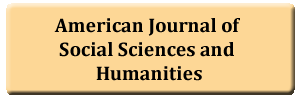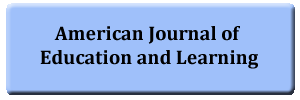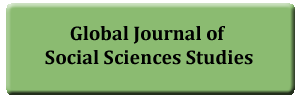More confidence more critical: Investigating secondary mathematics preservice teachers’ use of an Artificial Intelligence chatbot as a curriculum development tool
DOI:
https://doi.org/10.55284/ajce.v7i2.1278Keywords:
Artificial intelligence, Artifical intelligence chatbots, Mathematics education curriculum, Mathematics teacher education, Mathematical content knowledge, pedagogical content knowledge, Technological pedagogical knowledge.Abstract
The manuscript shares findings from a study engaging secondary mathematics preservice teachers using Artificial Intelligence (AI) chatbots to design mathematics lesson plans. Phenomenology was employed to investigate how six secondary preservice teachers used AI chatbots and navigated this new resource compared to their knowledge and experience in developing culturally responsive mathematics lesson plans that included mathematics and social justice goals. Our data analysis revealed that PSTs’ confidence in their Mathematical Content Knowledge and Pedagogical Content Knowledge allowed them to be critical of using AI-generated lesson plans. This finding contrasted with previous research on elementary education preservice teachers who gave away their decision-making agency to AI chatbots, especially about mathematics. The data suggests that the secondary PSTs had confidence in their Mathematical and Pedagogical Content Knowledge, making them more critical of the AI-generated lesson plans. The findings also indicate that AI tools can help teachers learn about Technological Pedagogical Knowledge (TPK). Overall, the data stressed the need to support PSTs in using AI chatbots critically. The implications of this study provide possible ways to help PSTs overcome their overconfidence in AI chatbots and imply that more professional development tools and programs must be constructed to help inservice teachers use AI tools.



